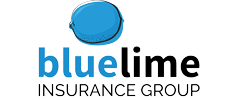
PUDs, or Planned Unit Developments, are becoming an increasingly popular homeownership option for many people. In a PUD, residents own not only their unit, but also the land on which they live. Comparatively, apartment or condo owners do not own the land they live on, only their individual unit.
PUD owners are members of a homeowners’ association and pay an HOA fee to cover maintenance and upkeep of common areas. However, owners are responsible for their units and their own space. In this set up, owners take care of their own needs for the most part, though property managers will still have some liabilities that need to be addressed by their insurance policy in order to cover all common areas and amenities.
How PUD Insurance Works
In a PUD, the HOA is required to have a property insurance policy that covers all of the common elements of the community, including fixture and building service equipment, common property, and supplies. The policy for the PUD must show the HOA as the named insured. Each unit within the PUD is required to have its own coverage, as well.
A PUD insurance policy must provide coverage against fire and all other perils and hazards that are generally covered for similar projects. The policy must also cover the replacement cost of the development, including each individual unit, whether through guaranteed replacement cost (insurer will replace the insurable property regardless of cost), extended replacement cost (insurer will pay more than the property’s replacement cost), or replacement cost (insurer will pay up to 100% of the replacement cost).
Here’s a breakdown of recommended coverage:
- Directors and officers (D&O) insurance is very important for any community association. It protects management from a wide variety of concerns stemming from claims of wrongful acts. The most common suits are from residents who believe that management hasn’t done their job properly. “Management” includes community directors, employees, volunteers, committee members, and can also cover outside workers when they are acting as association employees. D&O insurance covers lawsuits and provides monetary and non-monetary coverage.
- Crime insurance covers the HOA against crimes committed by employees, or crimes committed on the property. This coverage will ensure that the HOA is covered against loss of money, security, and/or property. It covers forgery, theft, computer fraud, and more.
- Cyber liability insurance is strongly recommended, as PUD communities are often appealing to cyber hackers because associations often keep databases full of personal information such as social security numbers, credit card and bank information, email addresses, and phone numbers. However, most associations have very little (if any) cyber security in place, making them relatively easy targets. Cyber liability insurance covers the HOA against cyber theft and extortion, and can help pay for credit monitoring and notification, defense for legal claims, and crisis management and/or public relations.
- Finally, commercial umbrella liability insurance is also highly recommended. Being that common areas and common amenities are the responsibility of the HOA, umbrella coverage will raise the limit on the HOA’s existing liability insurance policy to provide additional coverage against catastrophic events. This will ensure that the HOA will be able to recover from any unforeseeable disaster.
Because of the increase in popularity for PUDs in recent years, it’s especially important that homeowners and boards alike understand the different types of insurance needed for this type of home-ownership. It’s always a wise decision to contact your insurance broker for an annual review. Don’t be afraid to ask questions, take the time to review policies, and consider adding coverage that you may not have previously had.
